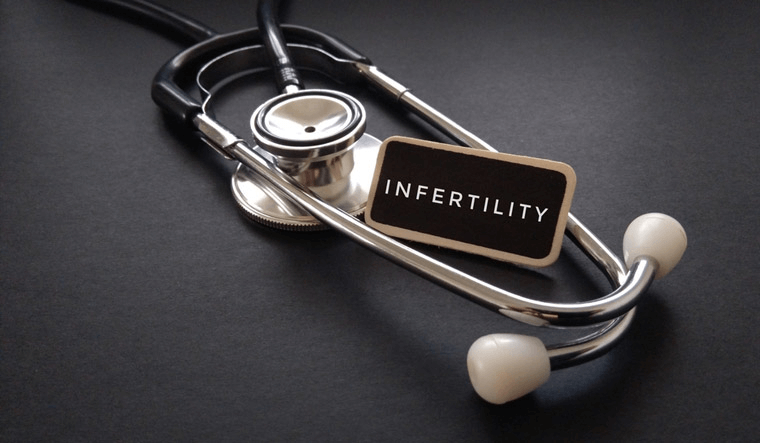Comprehensive Guide on Common Causes of Infertility

If you and your partner have been trying to conceive without success, you may be wondering if there is an underlying fertility issue. You are not alone; around one in seven couples face challenges in conceiving. Understanding the common causes of infertility can help you identify potential issues and seek appropriate medical advice.
Key Causes of Infertility
Infertility can stem from various factors affecting both men and women. The most common causes include:
- Male Factors (30%): This includes issues like low sperm count, poor sperm motility, or ejaculation problems.
- Ovulation Disorders in Women (25%): Problems with ovulation can prevent the release of an egg.
- Damage to Fallopian Tubes (20%): Blocked or damaged tubes can prevent sperm from reaching the egg.
Specific Female Fertility Issues
- Endometriosis: A significant number of women with fertility issues have endometriosis, which can impair ovulation and damage reproductive organs.
- Other Conditions: These can include abnormalities in the womb or pelvic area, and issues during fertilization or embryo development.
Male Fertility Concerns
- Sperm Quality: Issues such as low sperm count, abnormal sperm shape, or poor motility are common.
- Ejaculation Problems: Conditions like retrograde ejaculation can affect fertility.
- Testicular Issues: Injuries, surgeries, or infections can impact sperm production and quality.
- Hormonal Imbalances: Low levels of male hormones can reduce libido and erectile function.
Symptoms and Solutions
For Women:
- Ovulation Problems: Look for symptoms like irregular menstrual cycles, hair loss, excessive hair growth, weight gain, and acne. Treatment may involve medication, lifestyle changes, or fertility treatments like IVF.
- Blocked Fallopian Tubes: Symptoms may not always be evident, but conditions like pelvic inflammatory disease, endometriosis, and fibroids can cause blockages. Treatment options include surgical procedures or IVF.
For Men:
- Sperm Issues: Symptoms may not be noticeable without testing. Treatment can involve medication, lifestyle changes, or surgical intervention for blockages. In cases where sperm quality is severely affected, IVF with ICSI may be an option.
Also read: Can You Have A Vaginal Birth With Gestational Diabetes?
Diagnosing Infertility
The first step in diagnosing infertility is to consult a healthcare provider. Initial evaluations may include physical examinations and basic fertility tests. Depending on the findings, you may be referred to a specialist for more comprehensive testing and treatment options.
Conclusion
While infertility can be challenging, understanding the potential causes and seeking timely medical advice can significantly improve your chances of conceiving. Most couples facing fertility issues eventually succeed in having children, either naturally or with medical assistance. If you’re struggling to conceive, consult a healthcare provider to explore your options and find the best path forward for your family planning journey.
Also read: The Impact Of Smoking Just A Few Cigarettes A Day During Pregnancy: What You Need To Know






